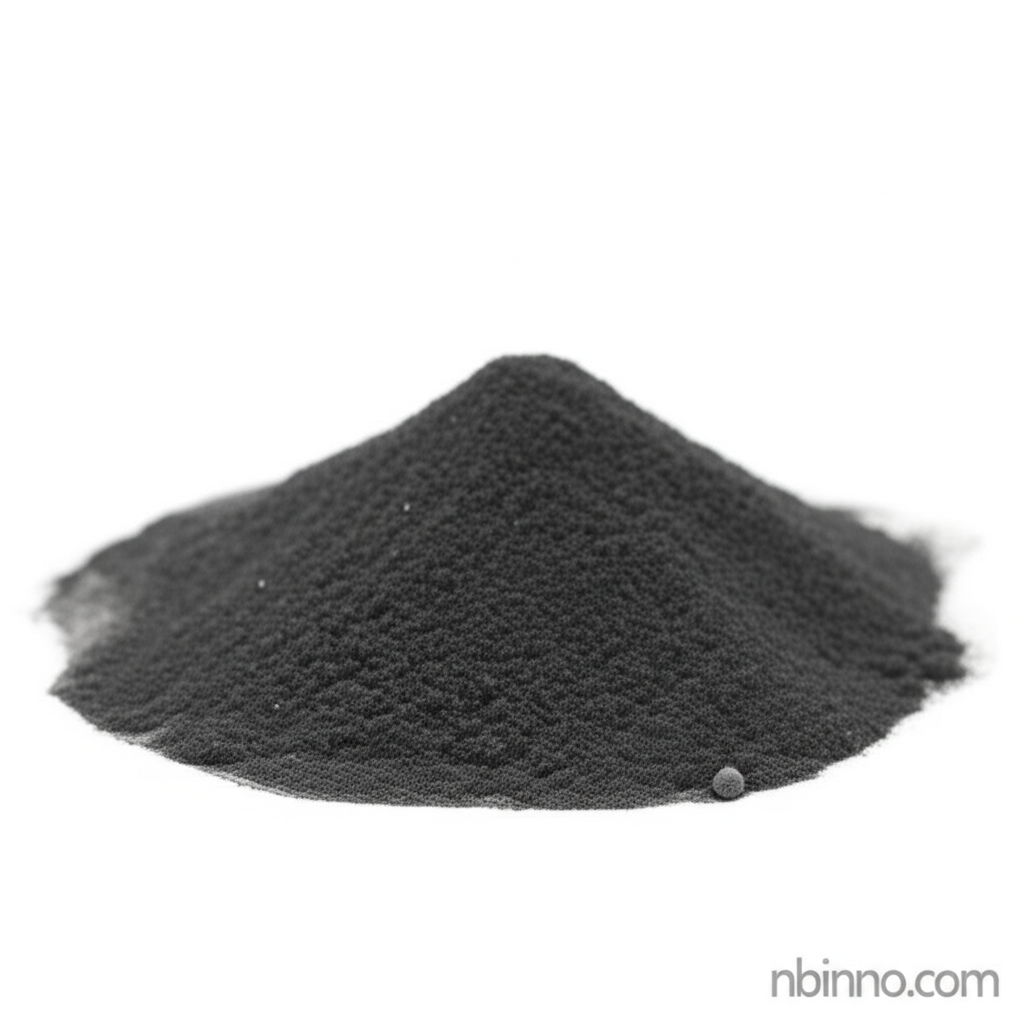1-Benzyl-3-methylthiourea (CAS 2740-94-5): Properties, Applications, and Synthesis Guide
Discover the essential chemical compound 1-Benzyl-3-methylthiourea, its key properties, and diverse applications in modern chemistry.
Get a Quote & SampleProduct Core Value

1-Benzyl-3-methylthiourea
This compound, identified by CAS number 2740-94-5, is a vital organic intermediate known for its thiourea structure. It serves as a versatile building block in numerous chemical syntheses, offering unique reactivity for developing complex molecules.
- Explore the detailed 1-benzyl-3-methylthiourea CAS 2740-94-5 properties to understand its physical and chemical characteristics.
- Learn about effective 1-benzyl-3-methylthiourea synthesis methods crucial for researchers and manufacturers.
- Discover the diverse 1-benzyl-3-methylthiourea uses, particularly its efficacy as a corrosion inhibitor.
- Investigate its role in medicinal chemistry research and as a key component in organic synthesis.
Key Advantages and Benefits
Versatile Chemical Intermediate
Leverage the compound's utility as a 1-benzyl-3-methylthiourea building block in various organic synthesis pathways, enabling the creation of novel chemical entities.
Effective Corrosion Inhibition
Utilize 1-benzyl-3-methylthiourea as a corrosion inhibitor, providing robust protection for materials in challenging environments.
Quality and Purity Assurance
Source high-purity 1-benzyl-3-methylthiourea from reliable 1-benzyl-3-methylthiourea suppliers, ensuring consistent results in your research and production.
Key Applications
Organic Synthesis
Serves as a crucial 1-benzyl-3-methylthiourea intermediate in the synthesis of pharmaceuticals and fine chemicals, supporting advanced organic chemistry research.
Corrosion Inhibition
Demonstrates significant efficacy as a corrosion inhibitor, protecting metal surfaces in various industrial and acidic conditions.
Medicinal Chemistry
Investigated for its potential biological activities, contributing to drug discovery and development efforts in medicinal chemistry.
Materials Science
Its unique chemical properties make it a candidate for developing advanced materials with specialized functionalities.
